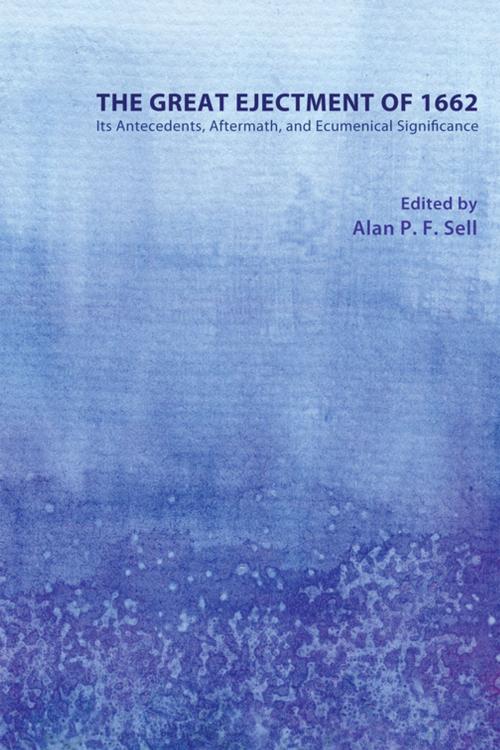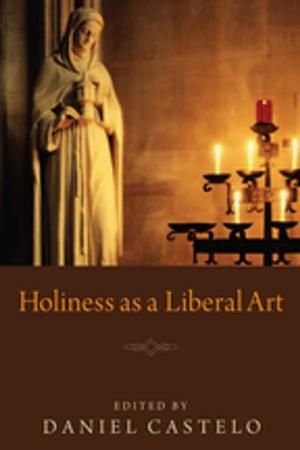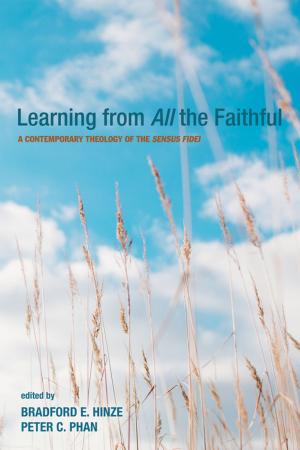The Great Ejectment of 1662
Its Antecedents, Aftermath, and Ecumenical Significance
Nonfiction, Religion & Spirituality| Author: | ISBN: | 9781630875725 | |
| Publisher: | Wipf and Stock Publishers | Publication: | February 17, 2012 |
| Imprint: | Pickwick Publications | Language: | English |
| Author: | |
| ISBN: | 9781630875725 |
| Publisher: | Wipf and Stock Publishers |
| Publication: | February 17, 2012 |
| Imprint: | Pickwick Publications |
| Language: | English |
By Bartholomew's Day, 24 August, 1662, all ministers and schoolmasters in England and Wales were required by the Act of Uniformity to have given their unfeigned assent and consent to the Book of Common Prayer of the Church of England. On theological grounds nearly two thousand ministers--approximately one fifth of the clergy of the Church of England--refused to comply and thereby forfeited their livings. This book has been written to commemorate the 350th Anniversary of the Great Ejectment. In Part One three early modern historians provide accounts of the antecedents and aftermath of the ejectment in England and Wales, while in Part Two the case is advanced that the negative responses of the ejected ministers to the legal requirements of the Act of Uniformity were rooted in positive doctrinal convictions that are of continuing ecumenical significance.
By Bartholomew's Day, 24 August, 1662, all ministers and schoolmasters in England and Wales were required by the Act of Uniformity to have given their unfeigned assent and consent to the Book of Common Prayer of the Church of England. On theological grounds nearly two thousand ministers--approximately one fifth of the clergy of the Church of England--refused to comply and thereby forfeited their livings. This book has been written to commemorate the 350th Anniversary of the Great Ejectment. In Part One three early modern historians provide accounts of the antecedents and aftermath of the ejectment in England and Wales, while in Part Two the case is advanced that the negative responses of the ejected ministers to the legal requirements of the Act of Uniformity were rooted in positive doctrinal convictions that are of continuing ecumenical significance.















